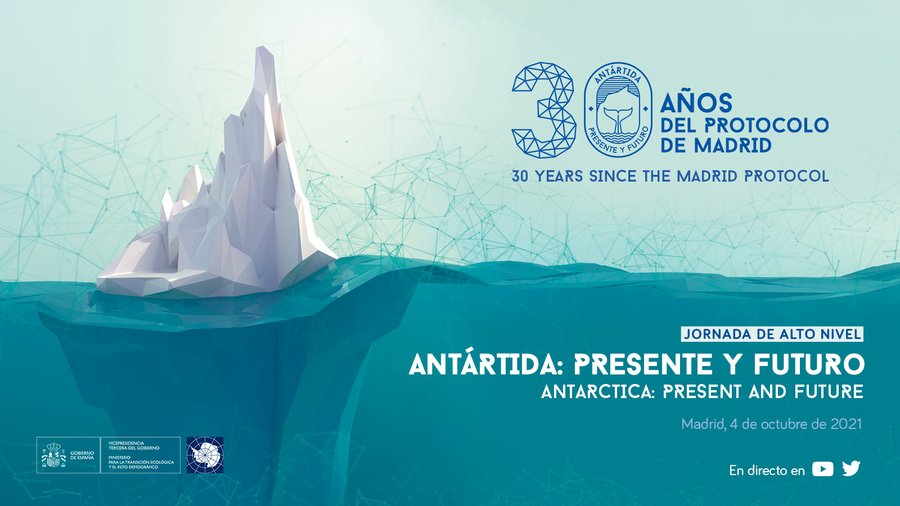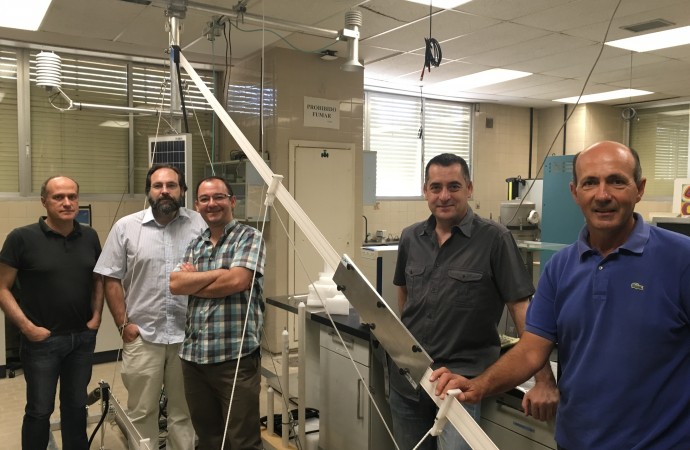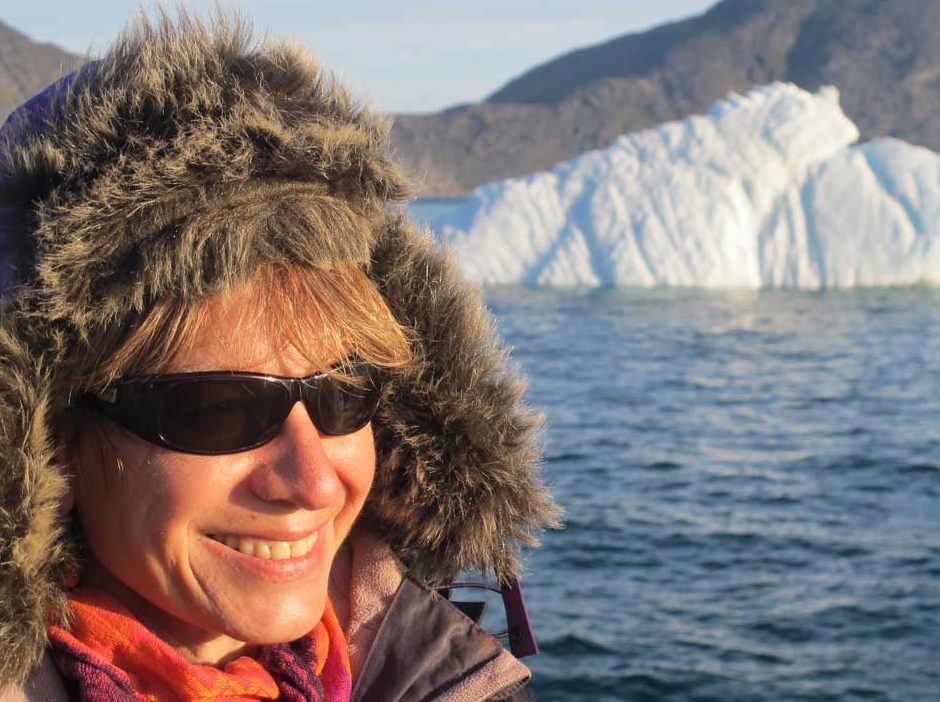
It is a great day, Sir!
By Valentin Carrera, aboard the research vessel Sarmiento de Gamboa
Deluded creatures that we are, we believe that we have a hand in the running of our lives. But it is another hand that writes the script of our lives and commands and messes up the world: the hand of God or Allah to his believers. Thus we feel the eternal struggle between the apparent randomness of life and need for the more scientific explanations, and all of us feel the influence of destiny itself.
Perhaps one day at end of 2015, I took the decision to retrace my steps to the Antarctica, thirty years after my first visit, and perhaps I dreamed since then of this sea voyage. The oceanographic ship “Sarmiento de Gamboa”, is docking to refuel in “las Palmas de Gran Canaria” and then sets sail heading to “Tierra de Fuego”. If this is perhaps true, then it was the only decision that destiny has allowed me.
At that time, I didn’t even didn’t know of the existence of the ship Sarmiento de Gamboa, where already I feel at home, sitting in my slippers, and welcomed with affection by the crew. My trip should have started aboard the research ship the Hesperides sailing from the port of Cartagena (in Spain). But now instead, I will board it within a few weeks, in “Ushuaia.” Or perhaps not. But a delay here and a change of plans there led me on a Friday afternoon on the 4th of November to Pier 4 at Vigo’s Harbour. There, my three daughters and my closest friends kissed me goodbye. The trip was written in the calendar entry for that day: “It’s not the things we live through what forges our destiny, but what we feel while we live them” [by Marie von Ebner-Eschenbach].
Plans are fickle like rainwater, so twelve hours late with the moon already waxing, instead of that afternoon as planned, we set sail. And I got down to reading Shackleton’s trips to Antarctica (by Alberto Fortes, Ediciones del Viento), the best company for somebody like me, whose purpose is to tell you about this trip as an account of “the adventure of science”. A tale of the courageous work by Spanish sailors and scientists in Antarctica during the last three decades, and the exemplary courage, tenacity, and professional rigor of these sailors, “that infinite feeling of a job well done,” as Fortes writes, “are the advantages that characterizes the men of the sea”.
The Irishman Ernst Shackleton, and not the footballer Ronaldo, is the model that should be taught in our schools and institutes. During this trip I am going to propose to our clueless educational authorities to replace the curriculum mortis from “LOMCE” with a crash course on the life of Shackleton, a man capable of converting the worst situation into the best. Reading Shackleton’s misfortunes, his rejection of the Victorian society of his time, his difficulties in finding sponsors for his expedition, it seems obscene to complain, even a little bit, even if in the coming months there is a change of wind and the sea toss us about.
When Shackleton’s ship, the Endurance, was trapped between the ice in the Weddell sea, which our own ship will be cruising soon, then began an Odyssey of 497 days, almost a year and half, without stepping on land, surrounded by ice, “without sleep or rest, with frozen clothes, lips broken, mouths swollen by the thirst, beards white with ice, and hands covered in blisters” and sometimes surrounded by killer whales. All the while one man, Hurley, took photos, and these fantastic plates are now preserved as a treasure in the English polar museum. Amid this disaster, shipwrecked, sick, hungry, and dying, these men greeted each other every morning with laughter: “It is a great day, Sir!”
Shackleton did not lose a single man of his team: the Endurance’s 28 crew returned home. The author of the book “El corazón de la Antártida” describes Shackleton as “a romantic dreamer who despised the apparent and falsehood”, and who made a success of a failure because he always kept his optimism. This was “the value that he appreciated the most”, according to Fortes.
I would like to have, for this 30th Spanish scientific expedition to the Antarctica, the optimism of Ernst Shackleton, his patience, his capacity to keep a disciplined day to day routine, and to create a new and surprising day every morning. He read verses of his favourite poet, Browning, to his men: “Suddenly the worst situation turns the best men into the bravest”.
Today they have changed my path again, and I don’t know if my “Endurance” will be left stranded among ice plates, and maybe I have to get back paddling until South Georgia, or maybe I will be wrecked on the docks in Punta Arenas. Whatever surprise destiny brings me, I will be recounting it to you with a smile. Welcome aboard.








 Base Gabriel de Castilla en Isla Decepción
Base Gabriel de Castilla en Isla Decepción Blog PERMASNOW – Universidad de Alcalá
Blog PERMASNOW – Universidad de Alcalá British Antarctic Survey
British Antarctic Survey Caminando entre pingüinos
Caminando entre pingüinos El blog de Rosa M. Tristán
El blog de Rosa M. Tristán The Antartic Report
The Antartic Report
Saludos, desde Venezuela encenderemos una luz de entrada por el extremo derecho, cuando se acerquen a America. Buen viaje.
Gracias, amigo
Me encantará leer tu diario de a bordo Valentín, feliz travesía.